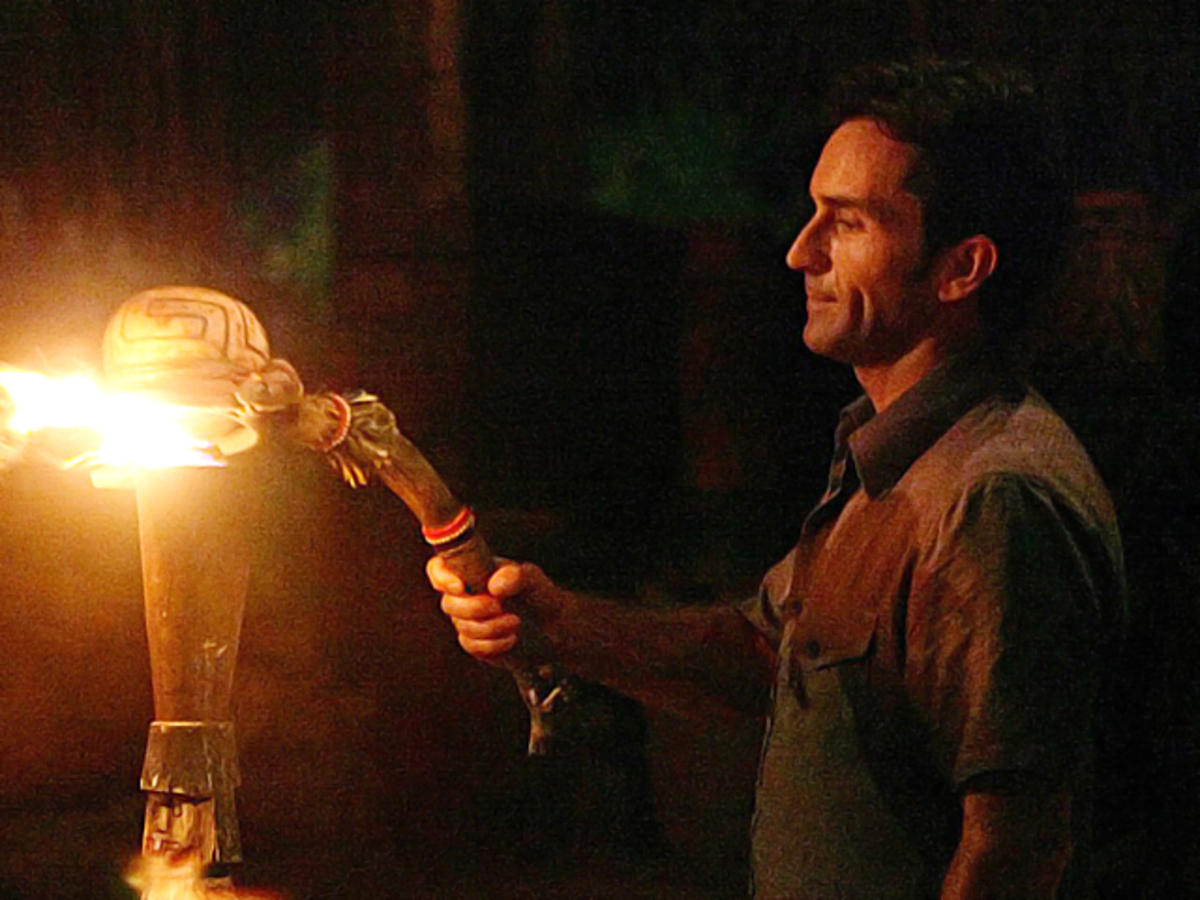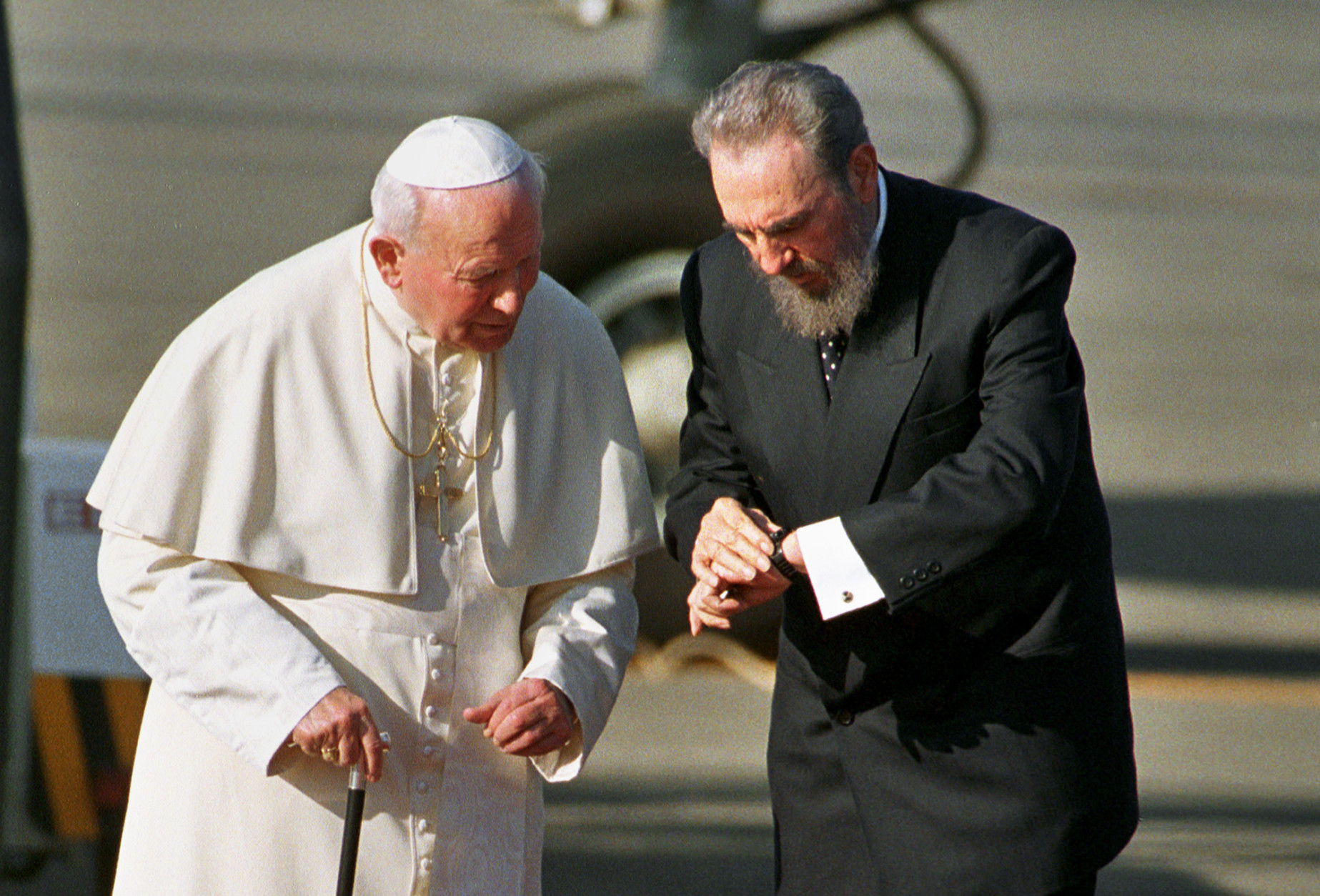With its hip survival-of-the-fittest posturing, its cool website getting 150,000 hits a day, its corporate sponsors like Budweiser and the U.S. Army ponying up $10,000 per second for ad time, you could call it “too good to be real TV” for CBS stockholders.
But the smash summer hit “Survivor” is more than a stodgy old network’s desperate bid for a younger demographic.
The “Survivor” cast is a representative cross-section of the world as the cultural elite wants to see it—half-clad men and women with buff bodies; one gay; one Christian; two blacks; a couple of old folks, and the rest young and attractive.
 The set and props are straight out of a Hollywood fantasy, too—an island in the South Pacific, lots of sun, no rules or churches, and unlimited access to birth control.
The set and props are straight out of a Hollywood fantasy, too—an island in the South Pacific, lots of sun, no rules or churches, and unlimited access to birth control.
The show’s plot turns on the same radically individualistic and materialistic values that have made America a land of partial-birth abortions, punitive welfare “reforms,” and “mercy” killings for the terminally ill and disabled.
On “Survivor” it’s a winner-takes-all world, where worth is defined by usefulness to the “tribe” and success is defined by money.
Only the strong survive, and they do it at the expense of the weak. As has been widely reported, the first to be expelled from the “Survivor” island were the sick and the old.
It’s a world where the individual is part of a “tribe” to which he owes no allegiance.
The tribe only has value insofar as it serves the selfish ambitions of the individual. To survive takes callow manipulation—nothing is to be gained by cooperation, and everything can be lost.
Our culture’s new obsession with “reality TV” comes at a time when many Americans spend more of their real lives in front of TV or computer screens than they do in face-to-face contact with family or neighbors.
For this growing society of lonely hearts and souls, the “virtual community” of chat rooms and show-all and tell-all media is the only community they know.
The new fascination with “survival,” with “roughing it”—seen also in a new PBS show that plops a 21st-century family down in a 19th-century home with all its low-technologies and Victorian mores—also comes at a time when many Americans are sitting pretty, at least that segment of the population that TV advertisers are hoping to reach.
Perhaps the popularity of these shows reflects an anxiety among the nouveau comfortable classes that they’ve grown soft around the middle: Could they make it without their cell phones and DVDs, their lines of credit, the ridiculously oversized vehicles they commandeer through the suburban terrain?
It is telling that “Survivor” gets its highest ratings in households with incomes of more than $80,000 and its lowest ratings in homes earning $30,000 and less.
Ask any Christian working in a soup kitchen or aid agency: Americans don’t have to tune into a TV peep show to watch people struggle for survival. In any city, they can see firsthand the homeless competing with rats for scraps of food in Dumpsters and garbage cans. Or they can be like a fly on the wall as a single mother, exhausted by insecurity, worries about how to feed her children and keep a roof over her head.
CBS may have found buried treasure with “Survivor.” But its message and its popularity make it an artifact of our cultural decay—a specimen of how remote we’ve become from the poor, and from each other.
Originally published in Our Sunday Visitor (July 2, 2000)
© David Scott, 2009. All rights reserved.


